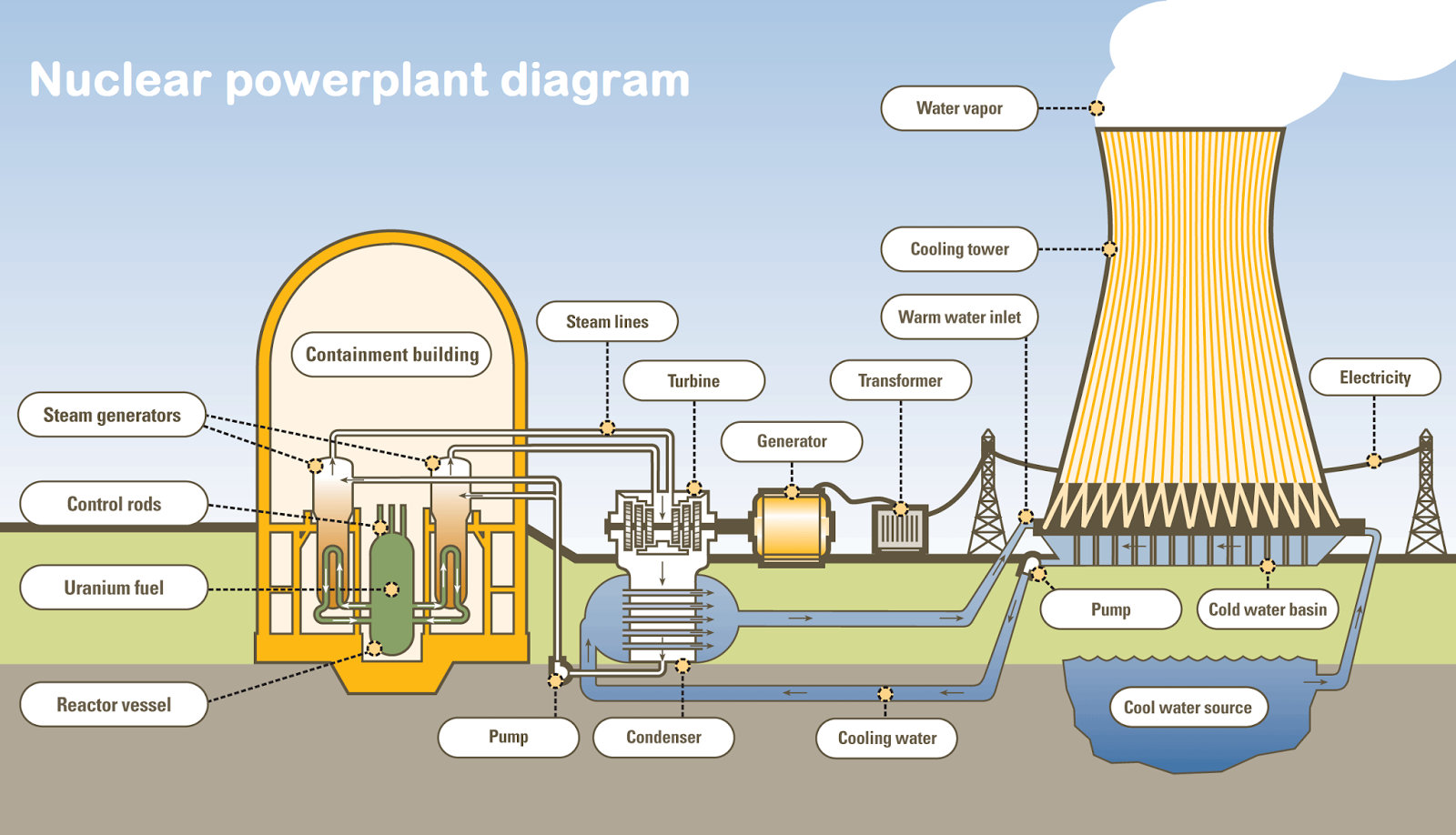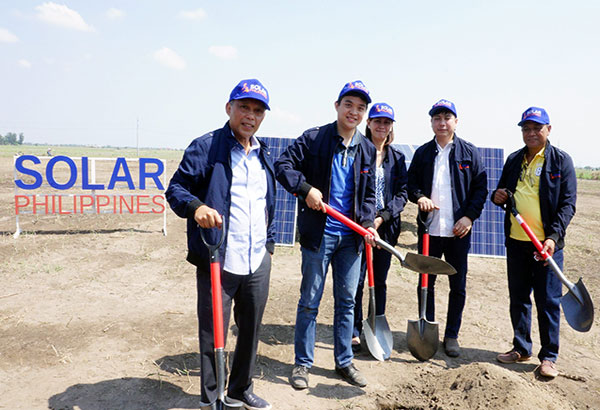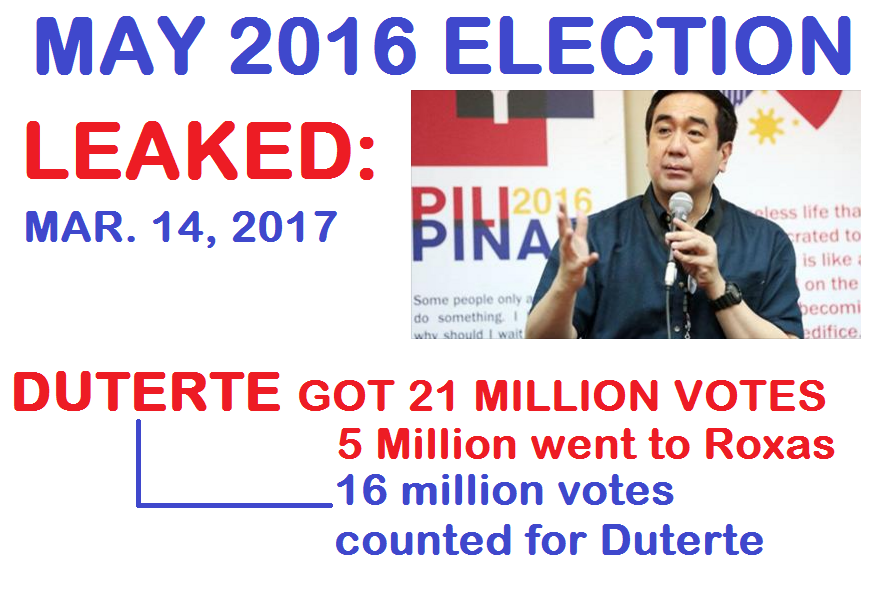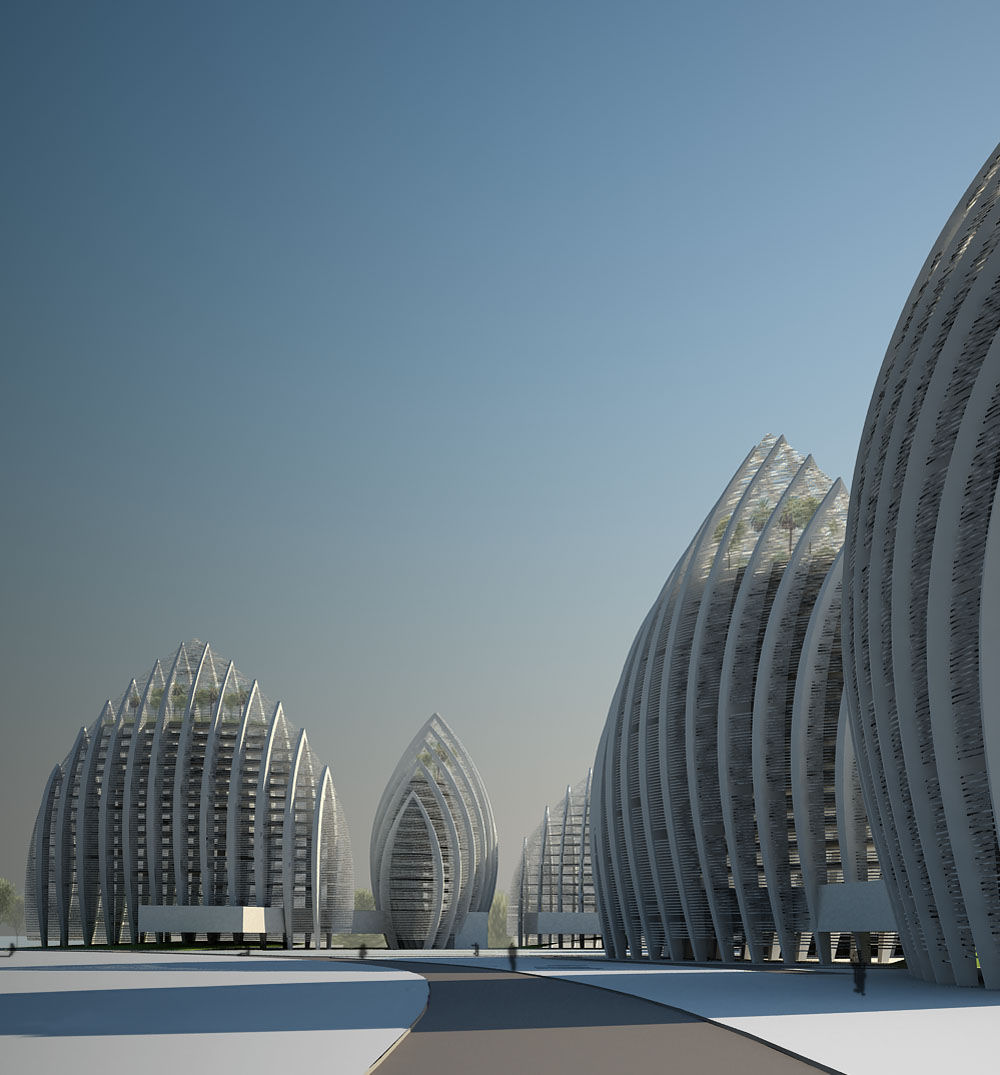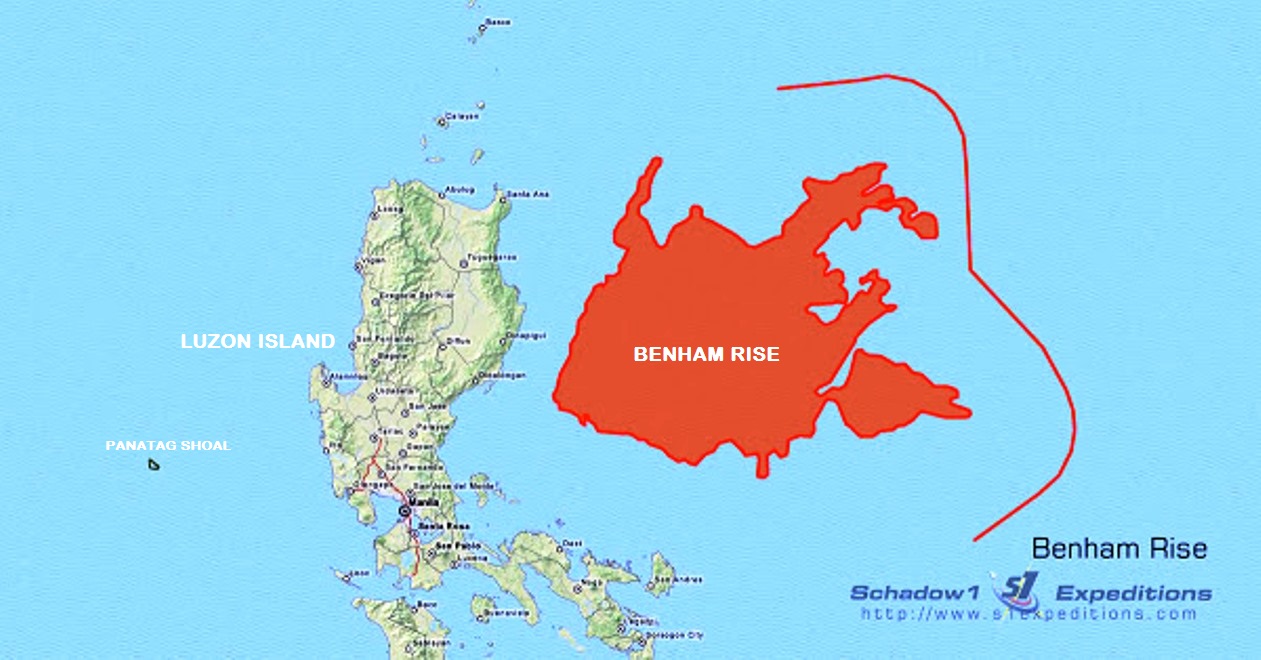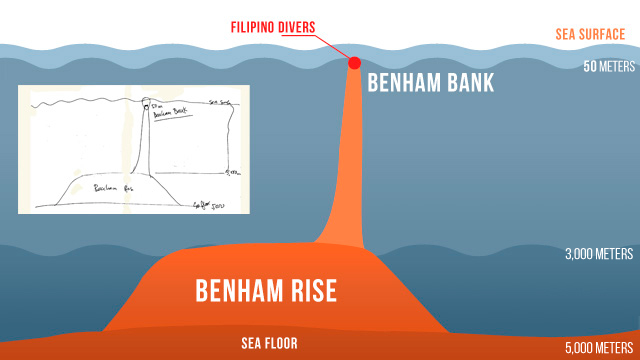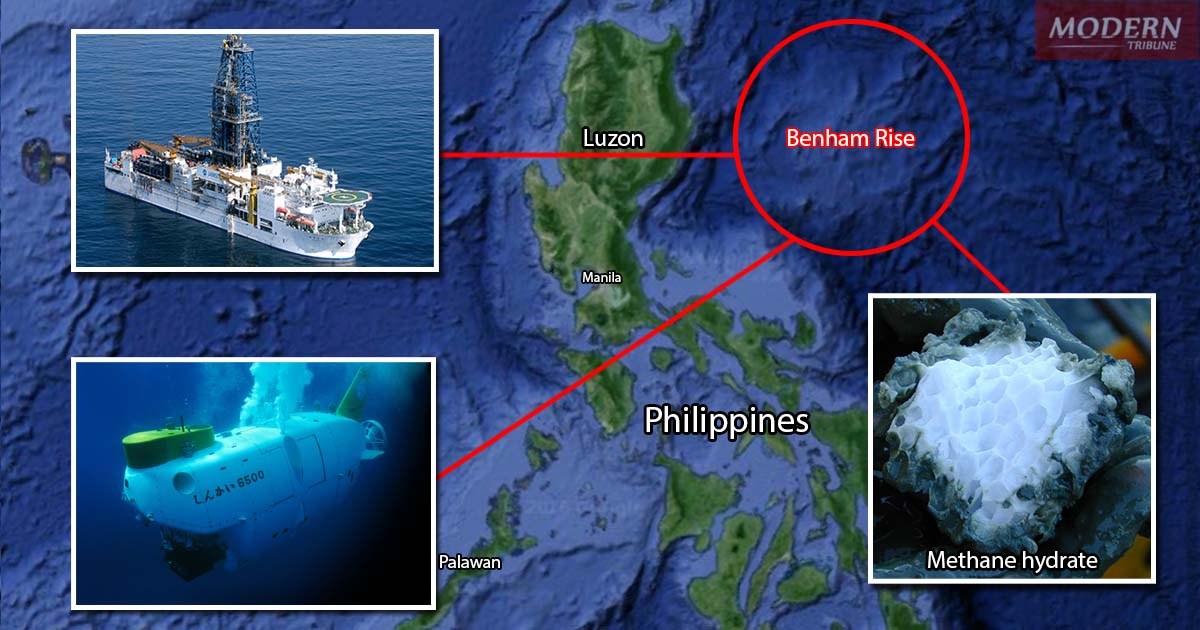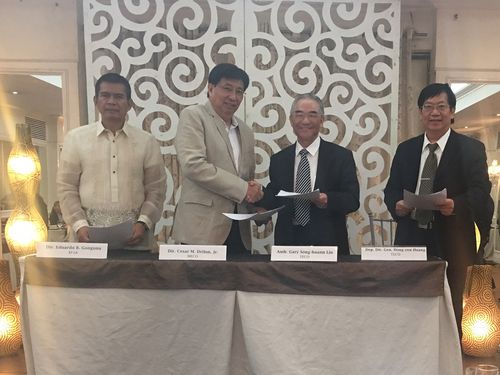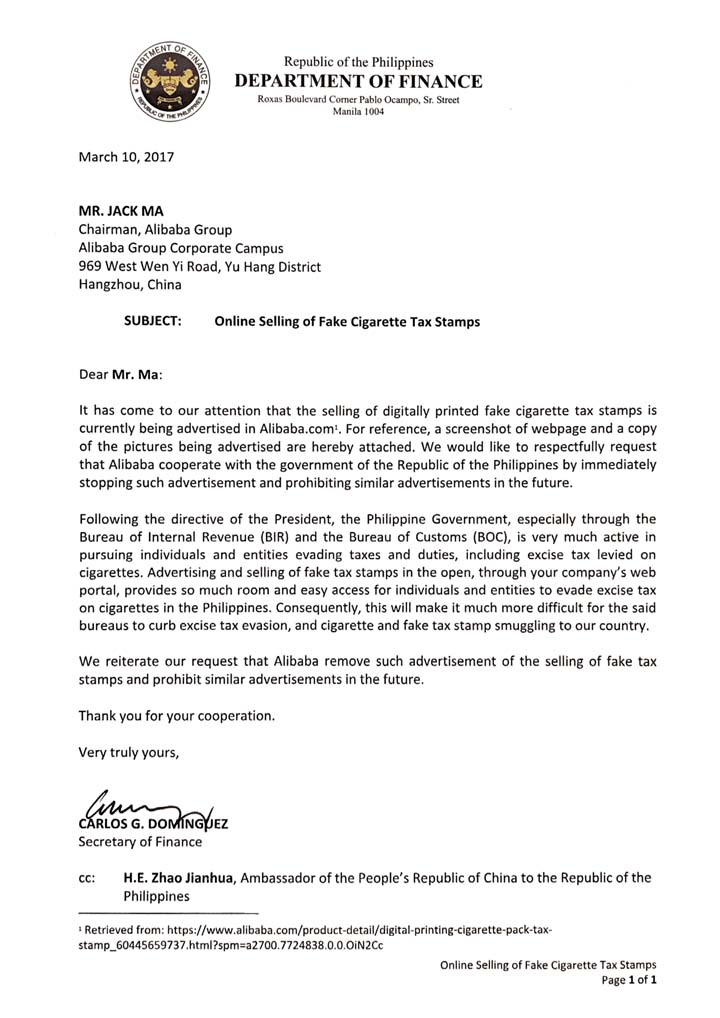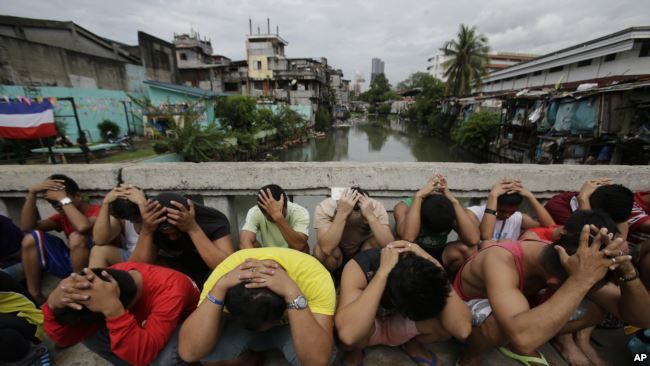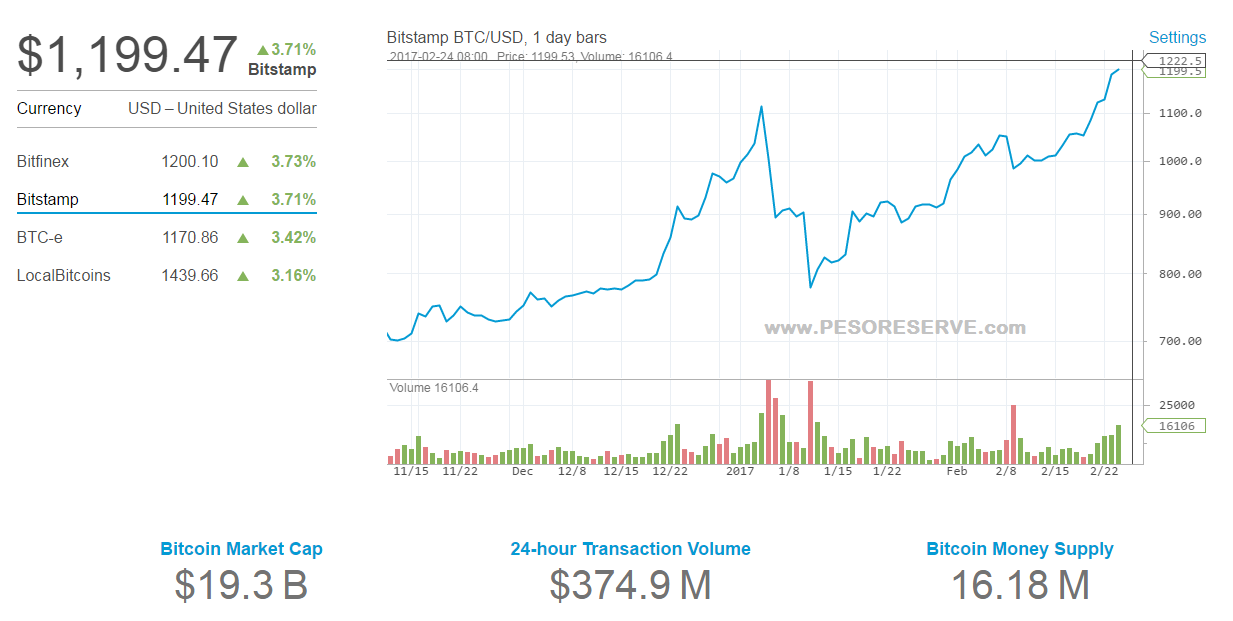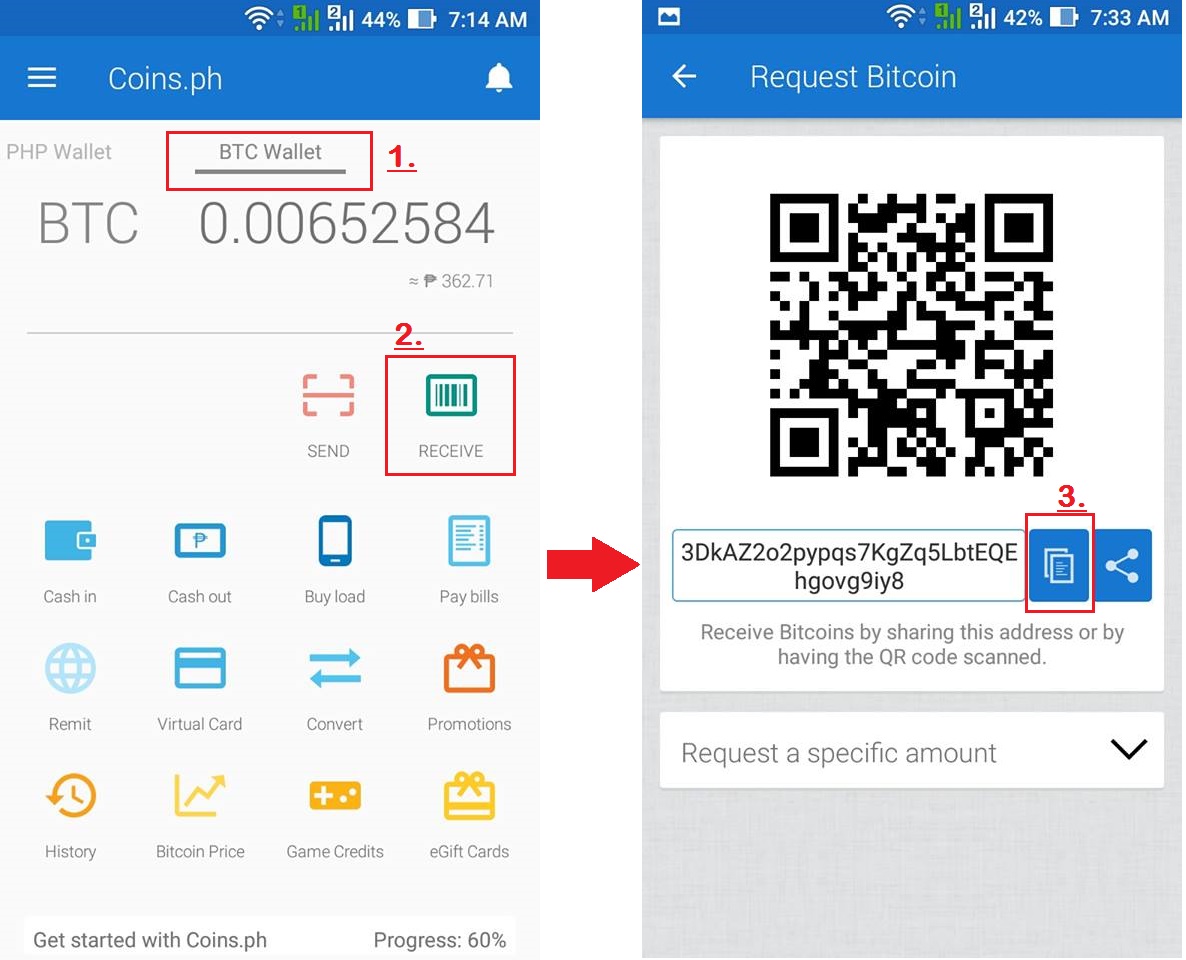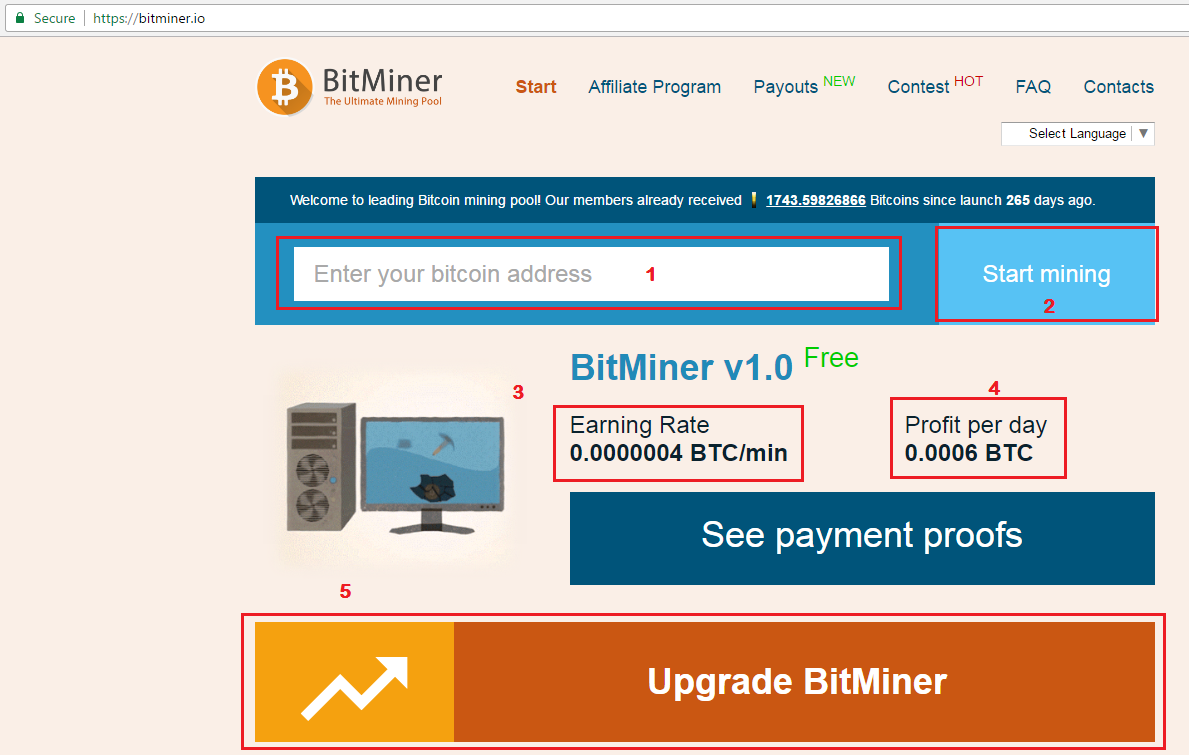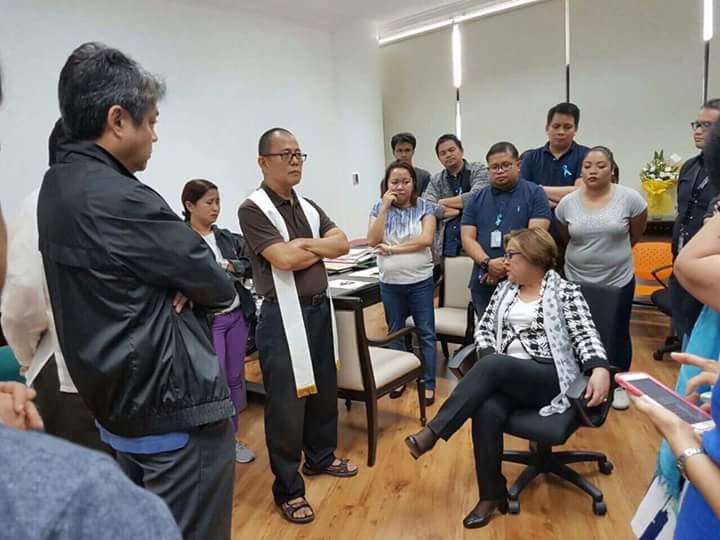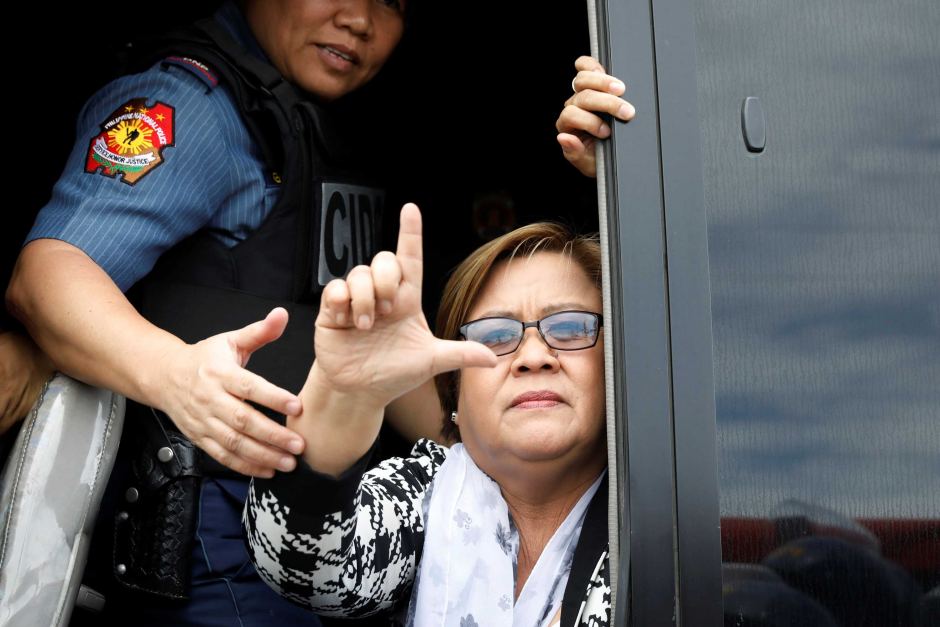
The War That Made Asia: How the Opium War Crushed China
European countries First Illegal Drug Trafficking to China
led to “The Opium War, China’s Defeat”
In 1839, England went to war with China because it was upset
that Chinese officials had shut down its drug trafficking racket and
confiscated its dope.
Stating the historical record so plainly is shocking — but
it’s true, and the consequences of that act are still being felt today.
The Qing Dynasty, founded by Manchurian clans in 1644,
expanded China’s borders to their farthest reach, conquering Tibet, Taiwan and
the Uighur Empire. However, the Qing then turned inward and isolationist,
refusing to accept Western ambassadors because they were unwilling to proclaim
the Qing Dynasty as supreme above their own heads of state.
Foreigners — even on trade ships — were prohibited entry
into Chinese territory.
The exception to the rule was in Canton, the southeastern
region centered on modern-day Guangdong Province, which adjoins Hong Kong and
Macao. Foreigners were allowed to trade in the Thirteen Factories district in
the city of Guangzhou, with payments made exclusively in silver.
The British gave the East India Company a monopoly on trade
with China, and soon ships based in colonial India were vigorously exchanging
silver for tea and porcelain. But the British had a limited supply of silver.
More War, More Opium:
Imperialism was on the upswing by the mid-1800s. France
muscled into the treaty port business as well in 1843. The British soon wanted
even more concessions from China — unrestricted trade at any port, embassies in
Beijing and an end to bans on selling opium in the Chinese mainland.
One tactic the British used to further their influence was
registering the ships of Chinese traders they dealt with as British ships.
The pretext for the second Opium War is comical in its
absurdity. In October 1856, Chinese authorities seized a former pirate ship,
the Arrow, with a Chinese crew and with an expired British registration. The
captain told British authorities that the Chinese police had taken down the
flag of a British ship.
The British demanded the Chinese governor release the crew.
When only nine of the 14 returned, the British began a bombardment of the
Chinese forts around Canton and eventually blasted open the city walls…. Read
more at Nationalinterest.org
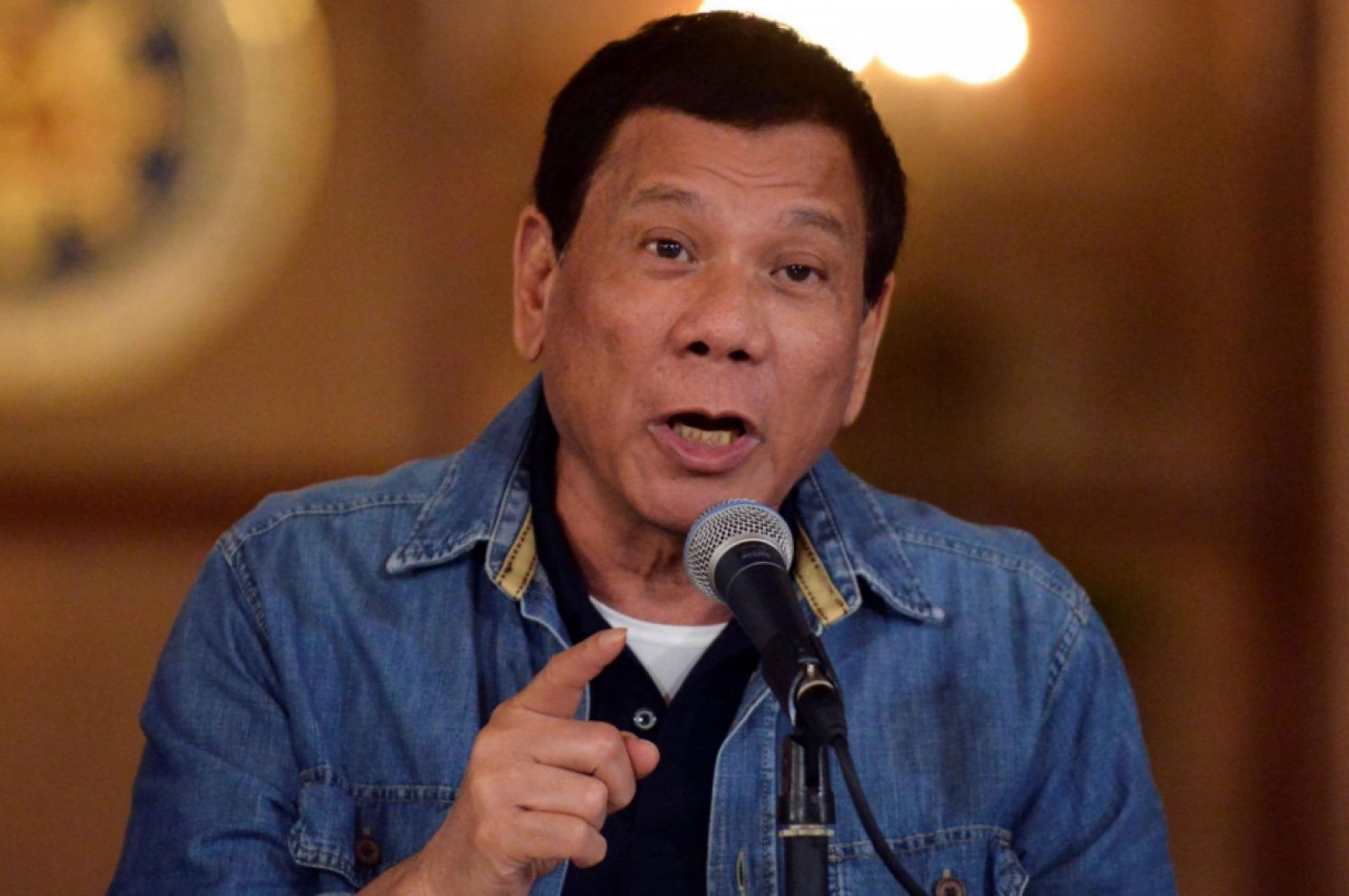
Philippine President Rodrigo Duterte has described European lawmakers as "crazies" in a salty-tongued rebuttal to criticism of his deadly drug war, while vowing again that all traffickers will be killed. PHOTO: REUTERS
Duterte to EU: Stop meddling in Philippine affairs
President Rodrigo Duterte once again hit back at the European Union (EU) for meddling with the issues of the Philippines.
"Why are you trying to impose on us?" he said in a speech Sunday at a meeting with the Filipino community in Myanmar, where he was on a two-day official visit.
"Why won't you mind your own business," he added.
Duterte's statements come after the European Parliament on Friday issued a joint resolution calling for the release of Senator Leila De Lima, who was arrested on February 24 on drug charges.
The President also responded to the body's suggestion that the ongoing drug war must go hand-in-hand with measures for prevention and detoxification, including the opening of new rehabilitation centers.
"This EU Parliament, prinopose nila lahat na lang na addicts, bigyan nalang," Duterte said. "Kung shabu, bigyan ng shabu. Kung cocaine, bigyan ka ng cocaine. Magpunta ka lang sa center."
[Translation: This EU Parliament is proposing that we just give drugs to addicts. If they're addicted to shabu, we should give them shabu. If they're addicted to cocaine, we should give them cocaine. They just need to go to the center.]
The government has moved into the second phase of its war on drugs by shifting towards reforming drug dependents by building more rehabilitation centers, Presidential Spokesperson Ernesto Abella said in October 2016.
Duterte and the EU
Duterte has chastised the EU since it criticized the war on drugs he launched in July 2016.
In September 2016, he challenged the United Nations and EU lawyers to come to the Philippines to prove their claims of alleged extrajudicial killings related to the drug war.
The President said he should be given the opportunity to be heard by them.
"In keeping with the time-honored principle of the right to be heard, matapos nila akong tanungin, tatanungin ko sila. Iisa-isahin ko sila," he said. "Manood kayo. Tignan niyo kung paano ko lampasuhin yang mga yawa na 'yan."
[Translation: In keeping with the time-honored principle of the right to be heard, I will ask them. Each one of them. You watch. Watch me discredit those idiots.]
In October 2016, Duterte challenged the United States and the EU to pull out their aid to the Philippines.
"If you think it is high time for you guys to withdraw your assistance, go ahead," he said. "We will not beg for it," Duterte said.
Meanwhile, EU Trade Commissioner Cecilia Malmstrom said at the ASEAN Economic Ministers' EU Trade Consultations earlier this month that the Philippines's human-rights record — from the war on drugs to the proposed reimposition of the death penalty — could be a sticking point in free-trade agreements between Philippines and the EU.
"The European Parliament and member-states have some concerns about this development," she said."We are discussing this with our partners in the Philippines."
Trade Secretary Ramon Lopez said if the EU doesn't budge on its allegations of alleged extrajudicial killings, the Philippines would not be swayed by conditions imposed on it by international bodies.
"If this drug war, the death penalty, are the best ways to respond to criminality, then that is what we must pursue," Lopez said. - With reports from The National Interest and CNN Philippines

